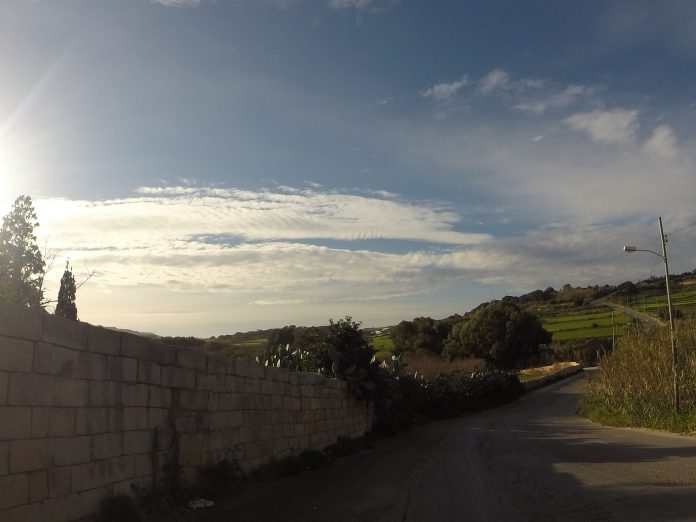The Group of States against Corruption of the Council of Europe (GRECO) has warned that some European countries last year backpedalled on their commitments to fight corruption. The group’s annual report, which was published on May 3, said European countries either reversed reforms aimed to strengthen the prevention of corruption or violated the Council of Europe’s anti-corruption standards.
GRECO also acknowledged the essential role played by journalists to fight corruption. The report made special mention of Daphne Caruana Galizia, a 53-year-old journalist from Malta who was killed by a car bomb close to her home last October. She was known for her blog accusing top politicians of corruption.
“Corrupt practices both at national and international level, as we have witnessed within the Council of Europe’s Parliamentary Assembly, constitute a major threat to our institutions and to democracy itself. It is crucial that national authorities and international bodies take a clear stance against corruption and swiftly implement anti-corruption measures. We must ensure full compliance with GRECO´s recommendations in law and practice”.
GRECO’s President, Marin Mrčela, stressed progress against corruption cannot be taken for granted. “It requires staying alert,” he said, “because there is always a risk of regression. Political leaders should show a strong leadership against corruption. MPs, judges and prosecutors should lead by example, and citizens should strongly demand from their representatives that they act not only respecting the law, but also according to the highest ethical standards”.
The report concludes that, by 31 December 2017, the states evaluated had not implemented almost one third of GRECO’s recommendations issued in respect of MPs (30%), whilst they had only partially implemented 44.4%. They had only fully implemented one out four (25.4%). These recommendations concerned mainly asset reporting, restrictions on outside business activities, transparency of interactions with lobbyists and the management of conflicts of interest.
The level of compliance was higher in respect of judges: countries evaluated had fully implemented almost half of GRECO’s recommendations (42.6%), but one third remained only partly implemented (36%) and close to one out of five, not implemented (21%). Many of these recommendations referred to recruitment, transfer or promotion procedures, as well as to the need for codes of conduct for judges, which on third of the countries evaluated were yet to adopt.
Countries performed much better in respect of measures concerning prosecutors: states complied with 54% of the recommendations and partially with 32%. Only 14% had not been implemented.

